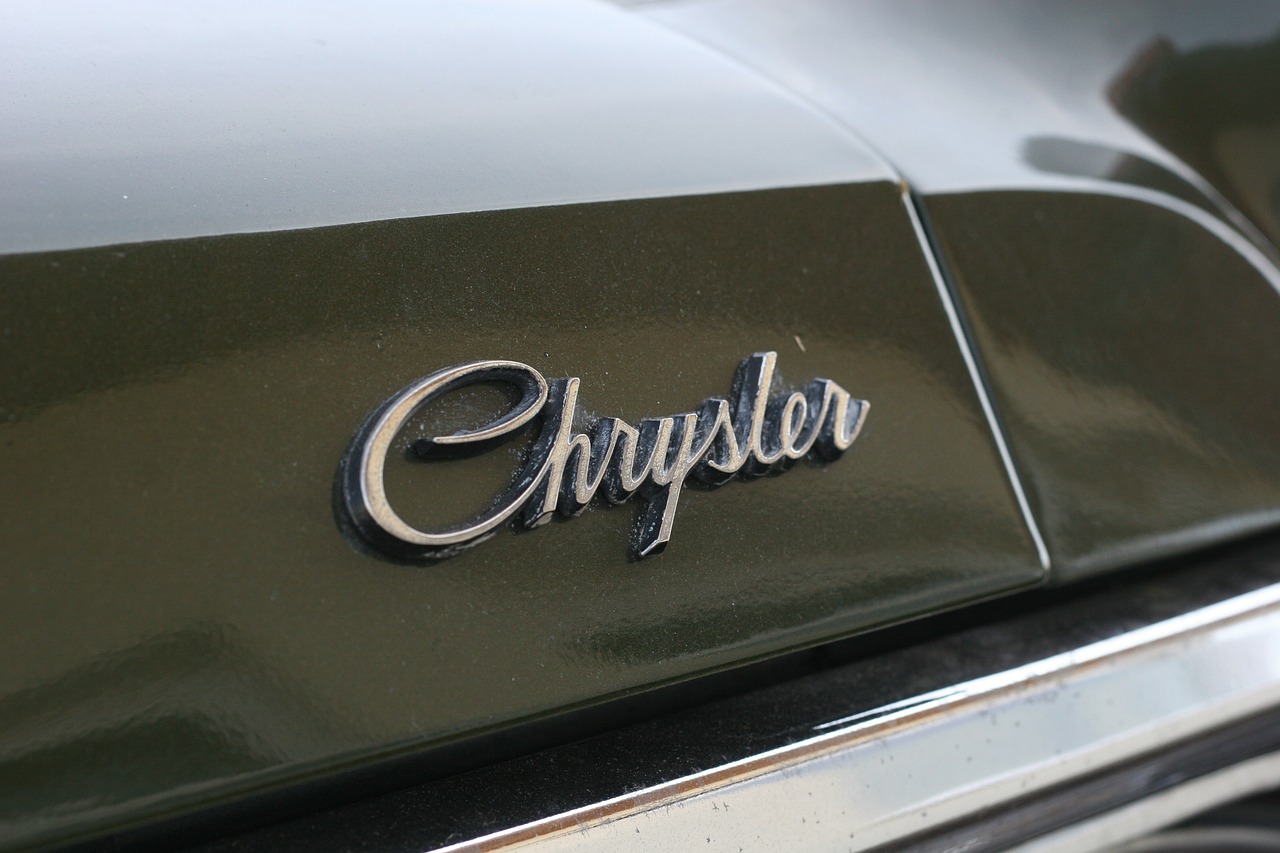
Fiat Chrysler and PSA Group are facing the final hurdle to finalize their merger in the form of shareholder approval.
If it passes shareholder approval from each company, the merger between London-based Fiat Chrysler and France's PSA Group will form the fourth largest automobile manufacturer in the world.
Fiat Chrysler-PSA Group merger talks
In October 2019, Italian-American automaker Fiat Chrysler and French automaker PSA Group issued statements confirming that they were taking part in discussions over a potential merger deal.
If completed, the merger deal would create a $50 billion automobile company. During that time, the idea of a merger was taken positively by investors, resulting in a 9% increase in Fiat Chrysler shares in early trading and an almost 6% surge in PSA Group shares following the announcement.
Prior to the talks with PSA Group, Fiat Chrysler proposed a merger with another French automaker Renault but it decided to withdraw the offer, claiming that "it has become clear that the political conditions in France do not currently exist for such a combination to proceed successfully."
Renault’s largest shareholder is the French government, holding 15% of the company, France also owns 12.2% of PSA and said that it would only approve the merger if there were protections for French jobs and factories.
The deal will bring together renowned car brands under one company, including Peugeot, Citroen and Vauxhall, Fiat, Jeep and Chrysler. The resulting automaker will be named Stellantis, which means to brighten with stars, and will have a total of14 car brands under it.
According to company executives, the merger, which is scheduled to be completed by the end of March, will result to significant cost savings for the automakers.
The deal has raised concerns of possible closures of manufacturing facilities across the brands, including Vauxhall which employs 3,000 people in the UK. However, PSA promised back in November that it will not shut down sites even though the combined group would have spare production capacity of almost six million cars.
Criticisms and future plans
According to some critics, creating he fourth biggest carmaker globally would not necessarily result to better performance for the companies. They have cited Tesla as a prime example of this argument, because it has relatively small output compared to its bigger competitors but has a much higher market value than them.
Additionally, General Motors (GM), the world's fifth biggest car brand, has decided to scale back from several markets to place its attention in North America.
The critics also pointed out that while Stellantis may overtake GM and Ford in terms of global sales, it will still be unable to catch up to Volkswagen, the Renault-Nissan-Mitsubishi alliance and Toyota.
Meanwhile, Stellantis will be focusing on China, the world's biggest car market where 21 million vehicles are sold annually.
Philippe Houchois, an analyst at Jefferies investment bank, said: "On their own, each group might not be able to afford a reboot in China." However, some experts argued that managing such a large portfolio of brands will be challenging to Stellantis and some of these brands may even eat into each other's sales.






